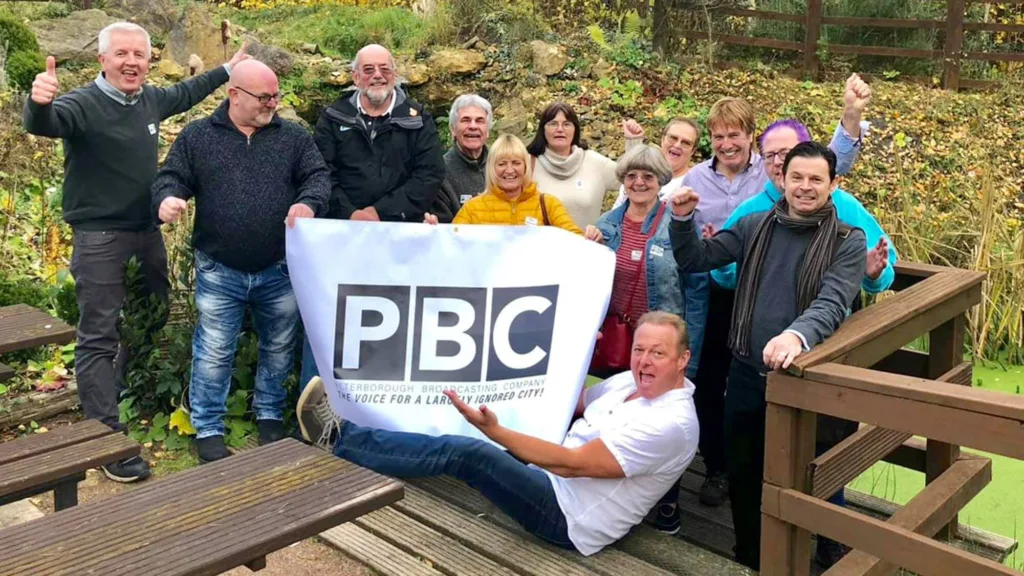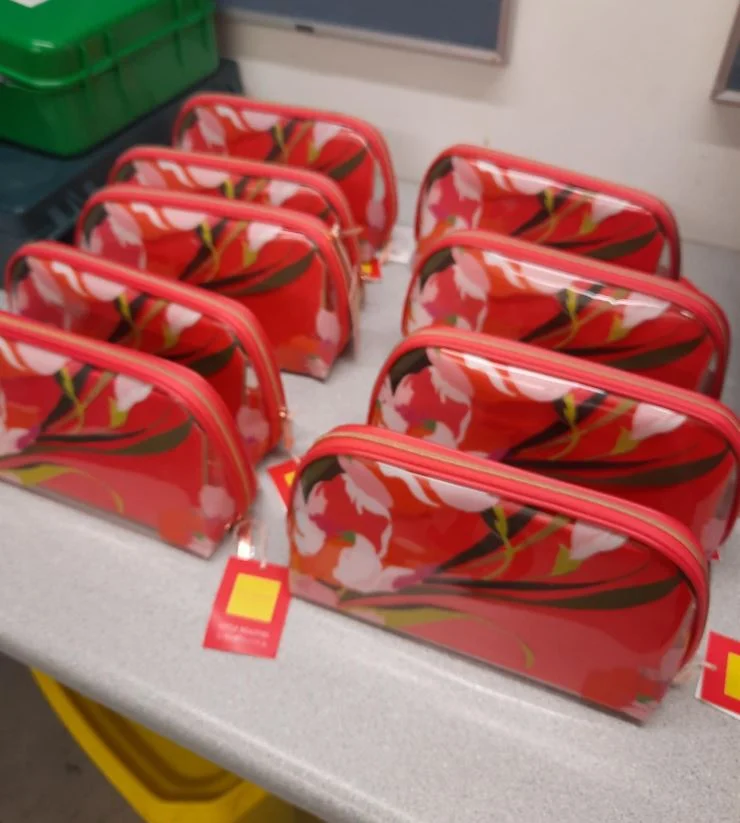Five years ago, Paul Stainton quit BBC Radio Cambridgeshire.
“After 10 years of laughter, tears and joy I have reluctantly decided to hang up my headphones,” he said at the time.
Behind the scenes relationships had soured over his presentational style and his departure prompted concerns over the direction of travel for local radio programming.
The issue is back in the news today after the Guardian reported that a fresh round of BBC cuts to local radio are to be announced.
“I predicted these cuts to BBC local radio when I left,” says Paul.
“They didn’t listen and continued to manage the decline – such a shame.”
In October 2020, three years after his departure, he penned what he called a “love letter to the BBC” reflecting on the state of local radio.
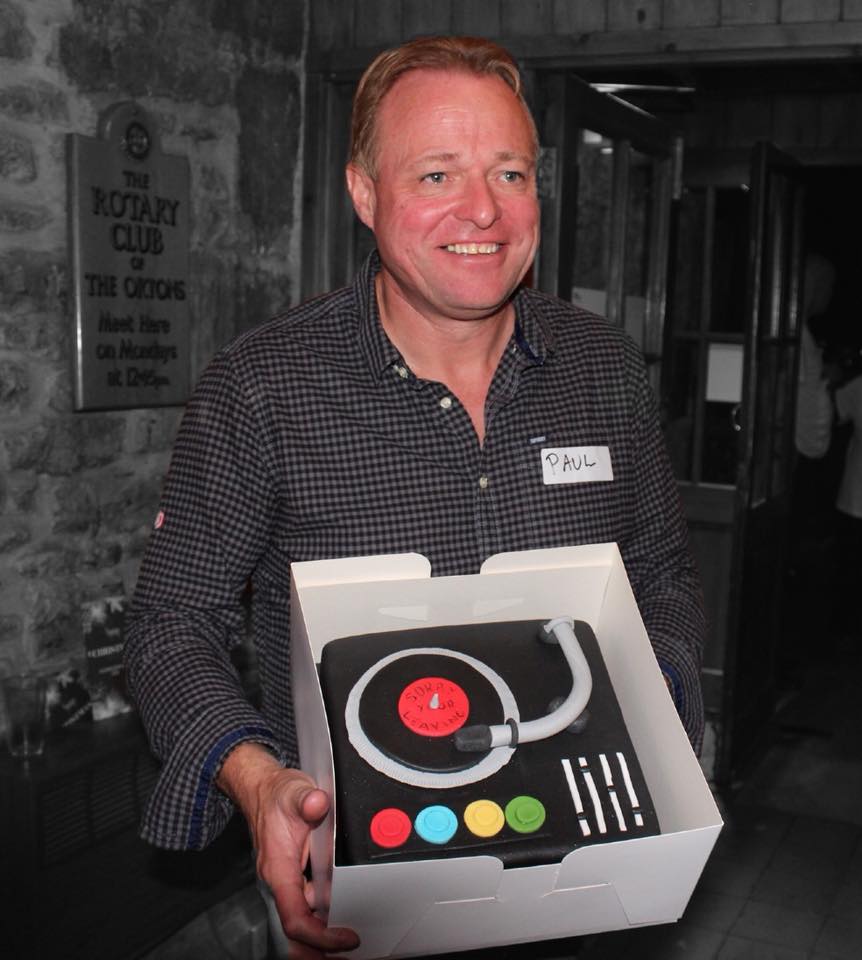
With his permission, CambsNewsOnline reprints it in full below.
A love letter to the BBC
By Paul Stainton
Dear Auntie, it has been a while since we last held hands, but I just wanted to drop you a line and tell you that I still have deep feelings for you.
I owe you everything, from when we first got together in Hills Road in Cambridge in 1994, our relationship cemented with a razor blade, tape and a Revox reel to reel machine, to my travels across the globe on your behalf, with 5live and BBC Television.
You taught me how to be a journalist, how to interact with audiences and a million other things that I am still realising, even today.
You provided me with many mistresses, from producing sports desks at 5Live to reporting on major sporting events in the UK and around the world.
But even as I was looking into a camera lens, for the millionth time, for the six-o clock news, I was always secretly hankering after my first true love, BBC Local Radio.
In 2007 that love was rekindled in Cambridge and for ten years we enjoyed a fantastic relationship, making beautiful radio, building record audiences, winning awards, and delivering enthusiastic and entertaining local radio with a brilliant team of people.
For the latter part of our time together, people were always trying to turn our heads and their ineptitude and bullying behaviour eventually came between us.
You treated me appallingly during our break-up, with three-month temporary contracts and a huge reduction in pay due to your ineptitude over IR35.
You should have fought for me, and things would be different now. Nevertheless, I forgive you and my passion for BBC Local Radio remains.
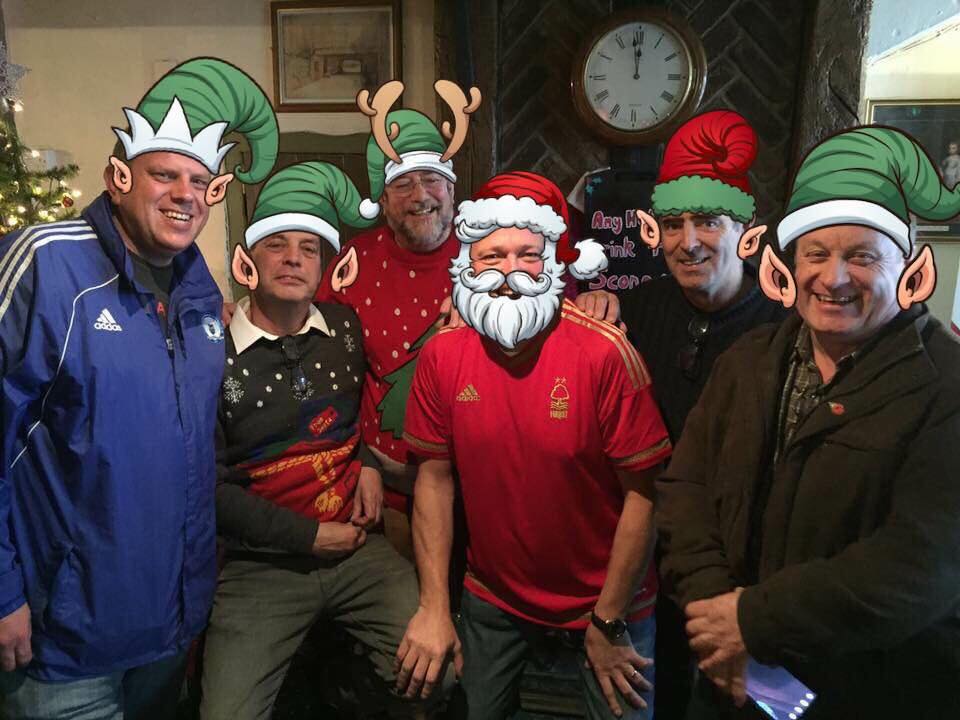
Since our break-up three years ago, you have lost 40% of your audience in Cambridge, an audience that did not want to leave, but who were pushed away by insane management choices and general ineptitude.
Sometimes people in relationships need to have difficult discussions and both sides need to be told the hard truth. Well here goes; You have lost your way and need to get back to the core audience, who wait patiently for you to come to your senses.
Nobody is broadcasting to the over 45’s and you should be, they want you and you need them, it is crazy that you are forsaking them.
Your music policy is ridiculous; Dua Lipa does not sit alongside Showaddywaddy, just play the biggest hits of the last 5 decades with a few newer big songs thrown in.
I know that the BBC needs to attract a younger audience, but local radio is not the place to do it.
People will eventually migrate to it, as they have always done, at that moment in their life, when they need a friend who represents where they live and what they value. You cannot force it.
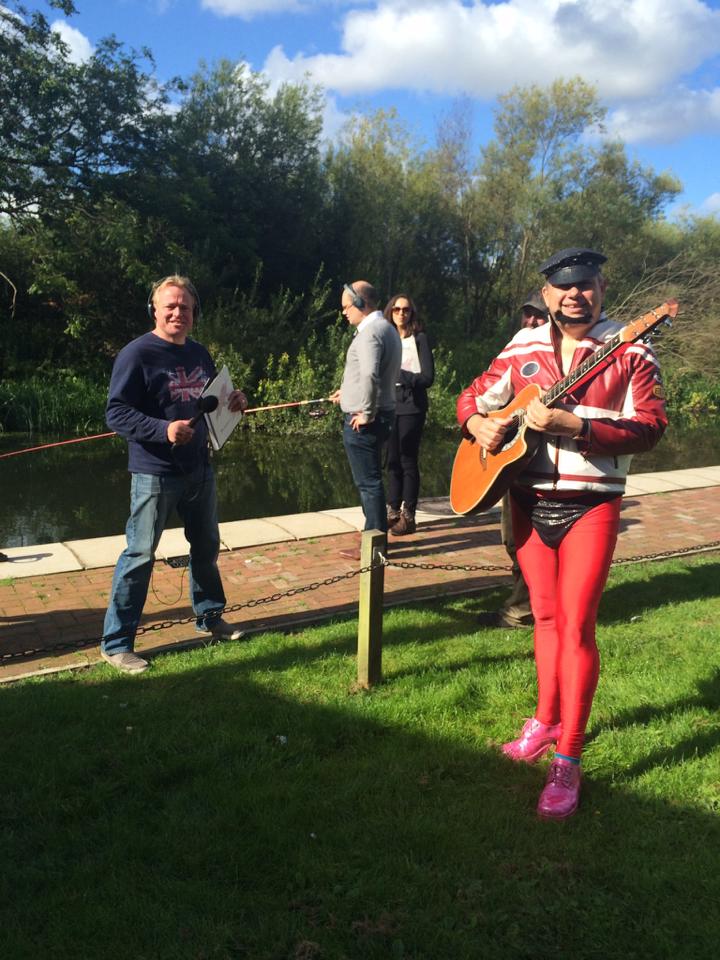
Beg experienced staff to return and retain the ones you have. Young journalists and presenters need training by knowledgeable and experienced staff and the audience need presenters ‘of their age’ broadcasting to them. It is almost impossible for a twenty something presenter to relate to an audience of 50- or 60-years olds.
The content of your shows recently has been primarily Covid related. This is obviously a critical issue but, in some places, (not all) you have forgotten the importance of creativity and entertainment (light and shade). You must make people smile too – Inform, educate, and entertain.
The ‘Make a Difference’ branding is condescending and may look great in meetings at the top table, but good local radio should always ‘Make a Difference’ – For me it is lazy, and patronising and the listener does not care.
Four-hour programmes are too long and are only really suited to frothy, music radio, where the presenter reads off a card and plays 20 songs an hour.
It is incredibly hard to sustain an interactive dialogue with the listener for that length of time, when 40% of the programme is speech. It is a commercial radio approach which does not work in BBC Local – I should know, I have worked in both.
My schedule would be 7-10, 10-1, 1-4, 4-7, with a specialist programme every night between 7-8.
I always told my team to start with the audience and work backwards – ‘the give a shit test’ – do the audience care about what you are saying, if not throw it out and talk about something they do care about.
Let the programmes be led by the audience and their interaction, it makes them feel ‘part of it’ and trust me, it leads to better content.
You must be relatable to survive, everything you do should be about the audience, the way you used to be when we first clapped eyes on one another.
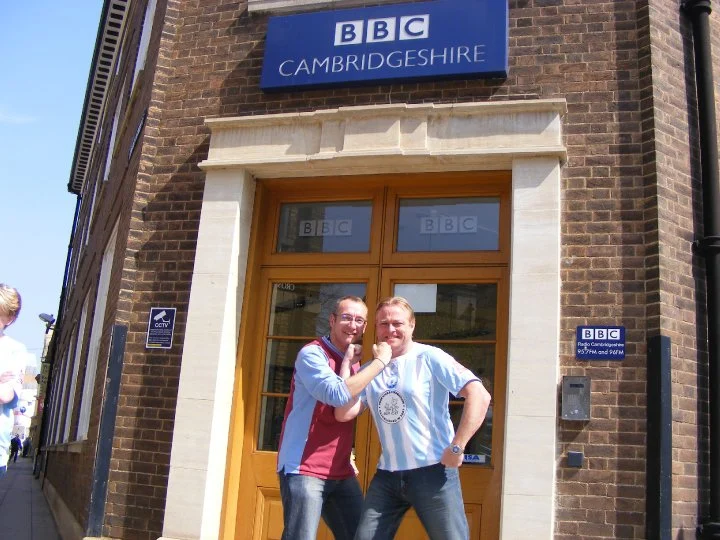
Concentrate on what you do best and forget about shooting videos for Facebook, which get a thousand likes in South Korea but do nothing for your audience and just drain the budget further.
You will never have those massive audiences again because people have too many other things to do these days, but there are many people over the age of 45 who need you and want you as a public service.
With the homogenisation of independent local radio this is one of the few areas where the BBC can claim to be providing a service that does not exist elsewhere.
You need to change for our relationship to continue and for BBC Local to survive.
You need to value experience, root out ineptitude, and ensure local stations are run by managers who understand what good local radio is, people who know and love their patch.
It will not prosper with a centralised, one size fits all approach.
Of course, your plan may be to run down the clock and let local radio die a slow death before announcing that it is no longer viable.
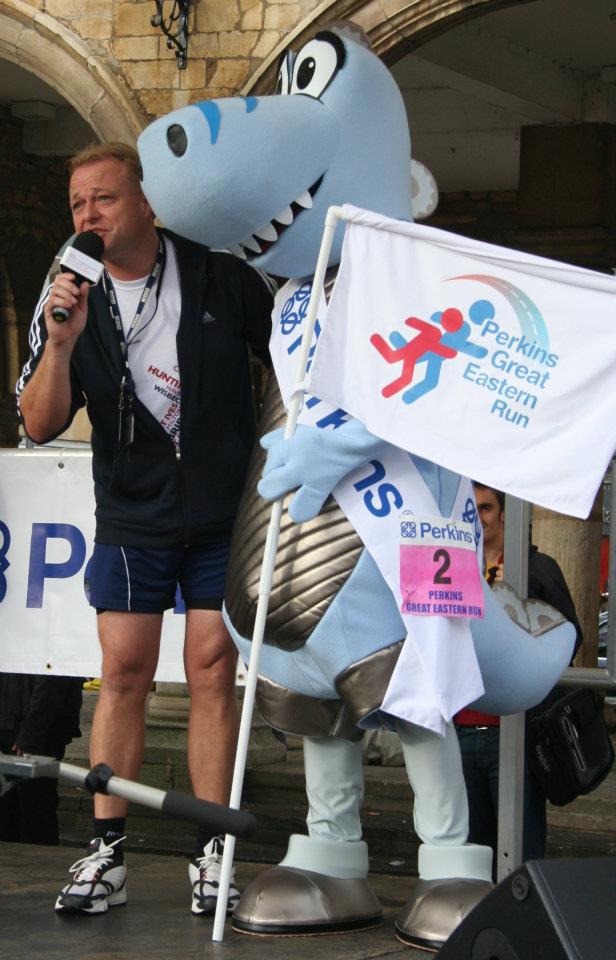
That of course, is your right auntie, but it would be a desperate shame for the BBC and the local radio audience who need you.
It would also be the end of our relationship, for the last time.
Love Paul
TELL US ABOUT YOUR THOUGHTS ON LOCAL RADIO.
Email: john@cambsnews.co.uk

